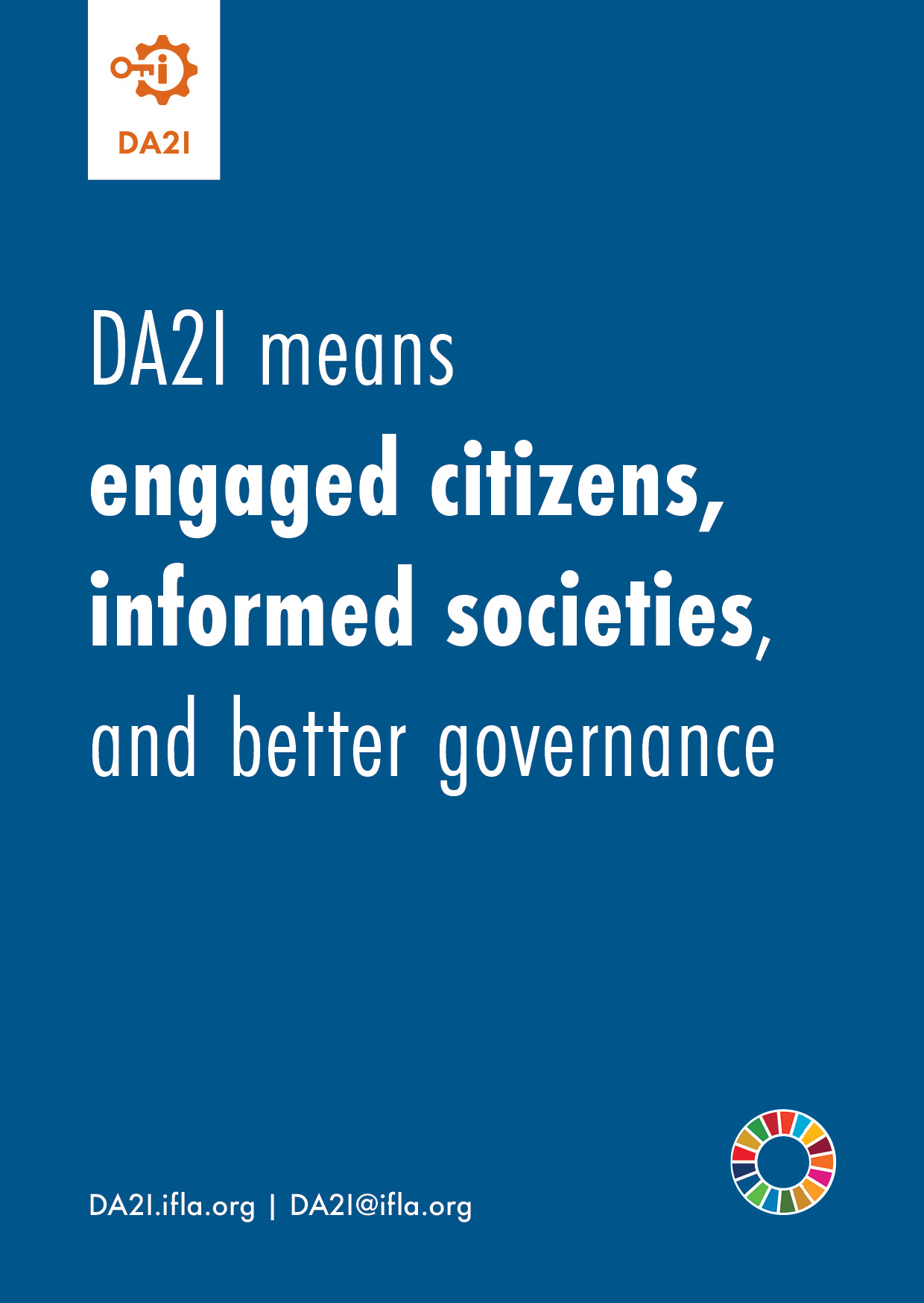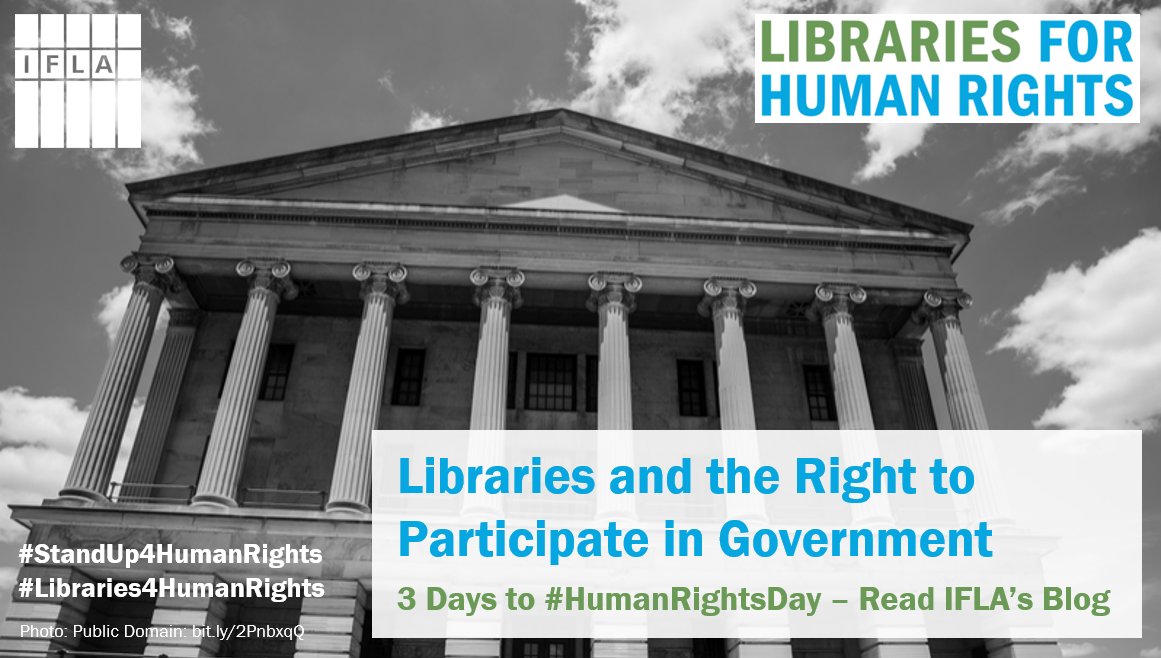 The fifth Sustainable Development Goal under review at the 2019 High Level Political Forum is SDG 16 – peace, justice and strong institutions.
The fifth Sustainable Development Goal under review at the 2019 High Level Political Forum is SDG 16 – peace, justice and strong institutions.
It is certainly one of the broader goals, covering promoting peaceful and inclusive societies for sustainable development, providing access to justice for all and building effective, accountable and inclusive institutions at all levels.
Crucially, it’s also the SDG that refers to the importance of access to information. IFLA has of course placed a major emphasis on this goal, promoting access as necessary for progress in so many other areas.
But how to promote the libraries to people – and in particular decision-makers – who care about peaceful, fair and well-governed societies? Here are three arguments for why libraries are unique in achieving SDG16:
- Because democracy depends on informed societies: SDG 16 focuses strongly on the importance of giving citizens the possibility to participate in decision-making. To do this, and so build a successful and sustainable democracy, people need to have a strong knowledge of current issues and the choices that any society faces. Libraries are ideal places for people to engage in civic life, and to learn about and discuss key subjects.
- Because open government is about more than just a website: there is growing acceptance of the value of transparency as a means of fighting corruption and ensuring accountability. Yet simply creating websites or apps, or passing laws will not make a difference if no-one is using them. There is a real need to give people the encouragement and the skills to make the most of these. Libraries have both an expertise in helping people make the most of information, and increasingly are supporting open government initiatives explicitly.
- Because the best decisions are based on the best information: people who are taking decisions, both in government and parliaments rely on the best possible evidence and support in order to get things right. This matters, as the choices they make may well affect millions of citizens. Government and parliamentary libraries play an essential role in ensuring that those in power can access the latest research and ideas, and to do the best by their citizens.
For more information, please see the chapter on SDG16 in the 2019 Development and Access to Information (DA2I) Report by Dorothy Gordon, Chair of the Intergovernmental Committee of UNESCO’s Information for All Programme.
